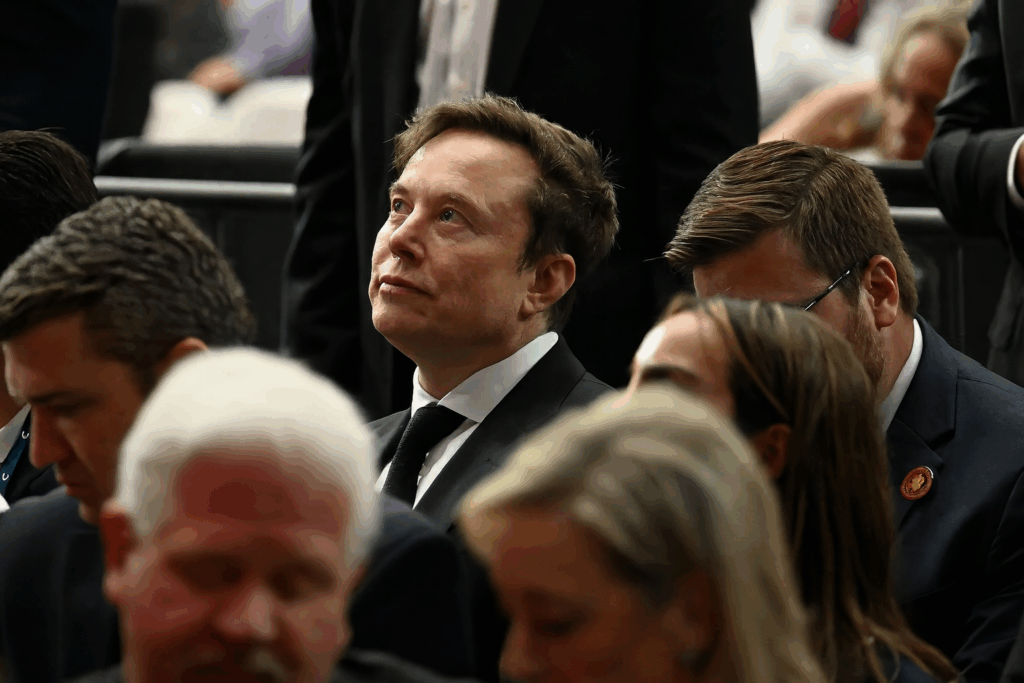Elon Musk has launched Grokipedia, a new online encyclopedia. He claims it will prioritize “the truth, the whole truth and nothing but the truth.” The project is hosted at grokipedia.com. It is the latest in the billionaire’s efforts to challenge what he calls the “propaganda” of traditional knowledge platforms such as Wikipedia.
“Grokipedia.com is now live,” Musk announced Monday on his social media site X. He added that its mission is to restore objectivity in public information. The platform is powered by xAI’s proprietary systems. It launched with 885,279 entries— all reportedly generated by artificial intelligence.
The website’s minimalist design offers little more than a simple logo and a search bar for user queries. Visitors can browse topics ranging from Taylor Swift and the baseball World Series to Buckingham Palace. Unlike Wikipedia’s human-edited articles, Grokipedia’s pages appear to be largely AI-generated or adapted from existing sources.
Wikipedia is operated by the nonprofit Wikimedia Foundation. It boasts over 7 million English-language articles and relies on thousands of volunteer editors to maintain accuracy. Grokipedia’s approach, by contrast, is opaque. Musk’s company, xAI, has not disclosed how entries are written, fact-checked, or updated. Reports suggest the site draws on the same artificial intelligence model that powers his chatbot, Grok.
Musk teased the project in September on X, declaring his company was “building Grokipedia @xAI” and calling it “a massive improvement over Wikipedia.” He repeated a familiar critique: “We are doing more work to purge out the propaganda.”
The Tesla and SpaceX CEO has repeatedly accused Wikipedia of political bias. He has called for users to “stop donating” to the site. Grokipedia’s own entry on Wikipedia goes further. It alleges the long-established encyclopedia suffers from “systemic ideological biases — particularly a left-leaning slant in coverage of political figures and topics.”
Critics say Musk’s neutrality claim may itself be political. “The impulse to control knowledge is as old as knowledge itself,” said Ryan McGrady, a senior research fellow at the University of Massachusetts Amherst. “Who gets to decide what’s true — and what gets written — is a form of power.”
Some of Grokipedia’s articles, according to early reviewers, are “thinly sourced” compared with their Wikipedia counterparts. An entry on the Chola Dynasty of southern India, for example, listed only three references. Wikipedia’s corresponding article cited 113 sources and dozens of academic texts. “That kind of disparity makes it clear how dependent AI-generated content still is on human research,” said Selena Deckelmann, the Wikimedia Foundation’s chief technology officer. “The value Wikipedia provides is that it lets people see where information comes from.”
The tension between human and machine-generated knowledge reflects a broader challenge facing digital platforms. Wikipedia has long served as a training dataset for large language models, including OpenAI’s ChatGPT and Google’s Gemini. That dual role — as both the source and subject of AI learning — has drawn scrutiny from lawmakers. Some fear political or algorithmic manipulation. In August, a group of Republican legislators opened an investigation into “editing bias” on Wikipedia and its potential downstream effects on AI systems trained on its data.
Musk’s entry into the knowledge space comes amid a wider cultural clash over online truth and editorial control. Whether Grokipedia can offer a credible, fact-based alternative remains to be seen. For now, it stands as another bold experiment in Musk’s campaign to fuse technology, ideology, and influence. He aims to reshape not only how people communicate but how they define what’s real.


